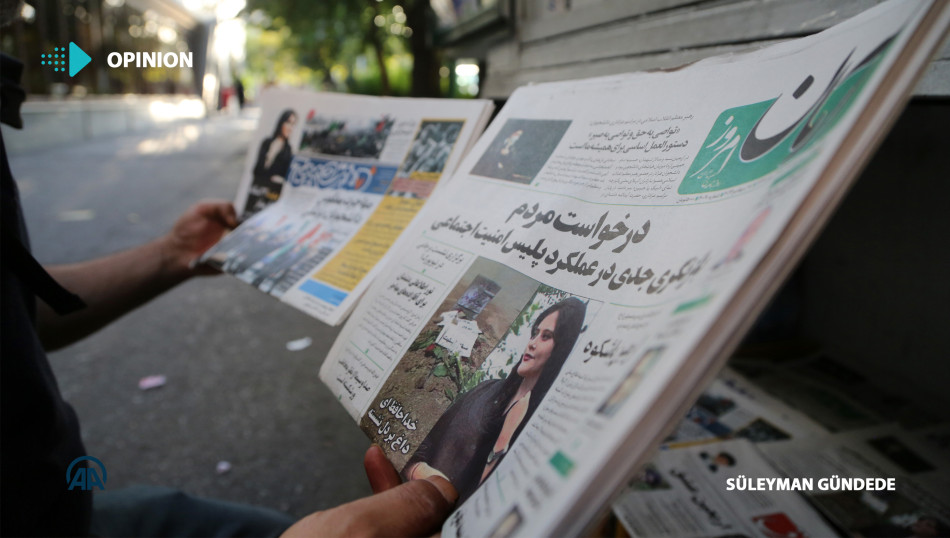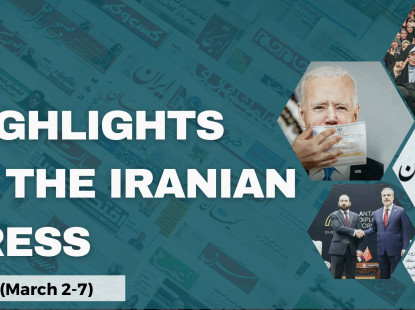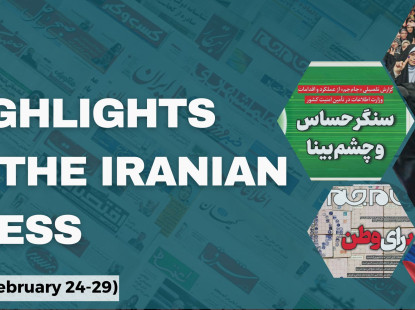Reactions of Opponents to the Amini Incident
The death of 22-year-old Mahsa Amini, who was battered by morality police (Guidance Patrol) after she was detained in Iran for breaking the hijab rules and fell into a coma, has gotten reactions from many people around the country and the world. Iranian opposition figures have also supported the protests against the incident that received a lot of criticism, especially on social media. While some opposition figures have increased the tone of their criticism of the Islamic Republic of Iran's administration, others have called for the spread of the protests across the country.
The first reaction of Masih Alinejad, one of the most known activists for women's rights in Iran, was her statement that “This is the brutality of the Islamic Republic of Iran that has a seat at UN to monitor women’s rights globally.” In her posts, Alinejad has insistently expressed that Iranian women should take to the streets and react to the incident. When the police opened fire on the demonstrators, Alinejad reacted by stating that “The state that cried for Hussein who died 1400 years ago but opened fire to those who mourned Mahsa is dominated by DAESH.”
Reza Pahlavi, son of former Iranian Shah Mohammad Reza Pahlavi, also called the Iranian people not to remain silent and react to the incident: “This time, a young woman named Mahsa Amini, whom I see as my daughter, became a victim of the misogynistic regime of the Islamic Republic. This regime does not hide its misogyny from anyone. I want all citizens, men, and women, to stand up to this brutality as best they can and support Iran's freedom-seeking women.”
The leader of The People's Mojahedin Organization of Iran (PMOI), Maryam Rajavi, gave a message of support for Iranian women from the very first day, harshly criticized the administration of the Islamic Republic of Iran, and called for the protests to spread to all universities and cities: “The Iranian people, especially the brave women and diligent youth, are rising up against the tyranny of the mullahs. Khamenei, Raisi, and other leaders of the regime should know that a flood will rise out from daily bloodshed and will completely end the cursed Wilayat al-Faqih system.”
Kurdish activist Kamran Matin, another dissident who stated that a feminist revolution would end the nightmare of the Islamic Republic of Iran, also called for the support of the protesters: “The murder of Mahsa Amini shows that every woman in Iran is potentially a George Floyd. Support the struggle of Iran’s women and subaltern peoples to end the Islamic Republic of Iran's regime of gender apartheid, ethnic hierarchy, and political repression.”
Elahe Boghrat, the editor-in-chief of Kayhan London, stated that it is unthinkable how people have tolerated so many interventions, which have determined not only their lives but also their deaths, and that people had not yet reached the breaking point. Emphasizing that the most important feature of the Islamic Republic of Iran, unlike other totalitarian regimes, is misogyny and that it is natural for women to harbor anger and hatred against this regime, Boghrat said that apart from the Middle Ages, the world did not see any other totalitarian regime like the patriarchal and misogynistic mullah rule. In another post, Boghrat pointed out that the issue is not just about hair, headscarf, and compulsory veiling: “All this is caused by the same system that has been the root cause of all 43 years of murder and betrayal: the Islamic Republic system! As long as this system exists, there will be only murder, crime, and destruction!”
Mariam Memarsadeghi, who is a pro-Pahlavi opposition figure and the founder of the platform named Tavaana, did not share much, but posted some photos of the demonstrations. She made the following statement in a post: “Iranian girls have been for four decades humiliated by an Islamist ideology that despises them, their bodies, their minds, their freedom. And yet I know of no more powerful force on the planet today.”
Ahmad Batebi, an opponent journalist of Kurdish origin, compared the children of Iranian officials and ordinary people in a post with the images of Amini and other women who were subjected to violence: “Our children's share is torture, imprisonment, and death while the children of the parasites have their share in the luxury life in Canada and the USA.”
Known for his posts against Türkiye, anti-Turkish Peyman Aref stated that the administration of the Islamic Republic of Iran turns summer into hell for Iranian women every year. He asked “Are women closer to the veiling style you want in terms of clothing, or have they moved away from it? How many more lives must be sacrificed?”
Ali Alizadeh, an anti-Western secularist, argued that the methods employed by the Islamic Republic turned the Iranian people away from Islam and transformed them into a more secular society: “It is surprising from a social studies perspective that the speed of hatred towards the Guidance Patrol these days made people distance themselves not only from the compulsory veiling and the Islamic Republic but also from Islam itself. Undoubtedly, the Guidance Patrol is one of the most important factors in the acceleration of secularism in contemporary Iran.”
Journalist Alihossein Ghazizadeh, a London-based commentator of Iran International, pointed out that Amini, who was battered by morality police and fell into a coma, was not accused of murder, theft, embezzlement, or rape and her only crime was that her hair was only slightly visible. He stated that “There is no need to denigrate this state. The Islamic Republic is the embodiment of absolute darkness and hell.” According to him, the Islamic Republic of Iran has both the bullets and the motivation to kill all Iranians: “The choice is ours. Waiting for them to come for each of us or cleanse Iran of the evil of this destructive tribe.” Like other opponents, Ghazizadeh constantly asked the people not to remain silent about the Amini incident. He said “Every dictatorship needs obedient people to rule. If the people do not obey, the tyranny will collapse instantly.”
Mehdi Parpanchi, one of the directors of Iran International, drew attention to the corruption of the system: “Human rights mean nothing to former and current officials of the administration. The last thing we heard from them about the killing of citizens was, 'Such actions are a disgrace to the system!’ Although they criticize the killing of people by the agents of the Islamic regime, it is because of the corruption of the system! They have always been concerned not for human life but for the reputation of the system!” Finally, VOA reporter Hamideh Aramideh did not share much about Amini's death but generally posted protests throughout the country.
Although opposition figures living outside Iran frequently criticize the Iranian administration on various issues, names such as Masih Alinejad are more vocal, especially on women's rights. Opposition figures, who constantly state that the Islamic Republic of Iran is failing in women's rights and call for protests from time to time for the removal of the compulsory veiling, see Amini's death as an important opportunity for this very issue. That is why many opposition figures call for the spread of the demonstrations throughout the country and want the events to turn into a social uprising that will damage the administration.











